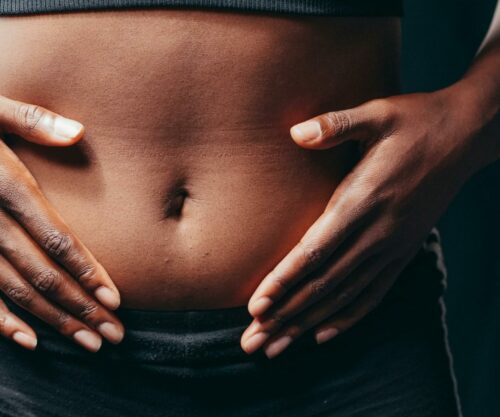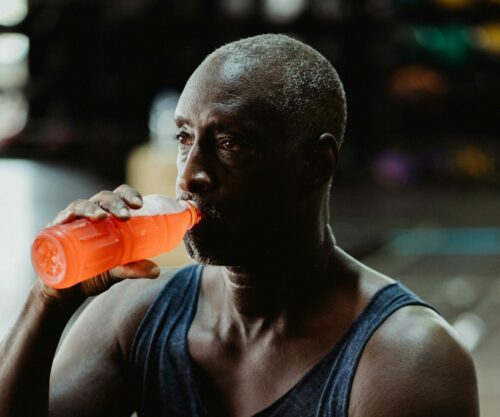
One of the few most widely adopted lifestyles over the past few years has been the vegan diet. It comprises eliminating from the diet any foods derived from animals and their byproducts, including dairy and meat.
The vegan diet entirely depends on plant-based foods for nutrition.
There are numerous examples of people who switched to a vegan diet and experienced optimum bodily and mental health. However, once you make the decision to become vegan, things are not always rosy. Here are some side effects of a vegan diet:
Lack of heme iron poses a risk for anaemia
The most common nutritional deficiency in the world is iron deficiency anaemia, which both vegans and vegetarians are more likely to develop, says creator of Clean Eating Kitchen, Carrie Forrest.
Although non-heme iron is present in plant foods, it is far less readily absorbed by the body than heme iron.
Women of childbearing age should be aware of how a vegan or vegetarian diet can swiftly result in anaemia because it can cause major symptoms like exhaustion according to Carrie.
Leaky gut issues
When following a vegan diet, all forms of animal protein are avoided and replaced with plant-based sources of protein like lentils. The antinutrients phytates and lectin, which are abundant in legumes, can increase intestinal permeability and result in a condition known as “leaky gut,” according to research. On the other hand, sources of protein that are based on animals do not contain antinutrients.
Depression risk is increased when omega-3 fatty acid intake is poor
Carrie states that vegans may be more susceptible to depression because they lack a source of omega-3 fatty acids from fish or fish oils and consume more omega-6 fatty acids from foods like almonds.
Low omega-3 levels are linked to some problems, some of which are very dangerous. Omega-3 fatty acids are important for pregnant women to consume because they support the growth of the foetus’s brain.
If you start to experience signs of depression or anxiety, you should have your blood tested for omega-3 fatty acids, says Carrie.
Risk of vitamin B12 deficiency
Vitamin B12 is crucial, and a lack of it can result in several irreversible health problems. Since animal products are the main source of vitamin B12, vegans are far more likely to fall short on this essential nutrient. In order to maintain the body working properly when eating a vegan diet, you may want to think about taking a vitamin B12 supplement.
Disturbances in hormones
Another plant protein that vegans look to is soy. An essential component of a vegan diet is processed soy products like tofu and soy milk. According to E Times entertainment phytoestrogens are present in soy in all of its forms, and taking more soy than is advised can have a deleterious effect on the body’s hormonal balance. Unbalanced hormones can result in a variety of symptoms, including acne breakouts, hair loss, irregular menstrual cycles, and issues with skin pigmentation.
Please note that the goal of the article is not to discount any of the advantages of consuming more plant-based meals, but rather to present evidence that shows what can happen when a vegan diet is overdone and warning signs are disregarded.




